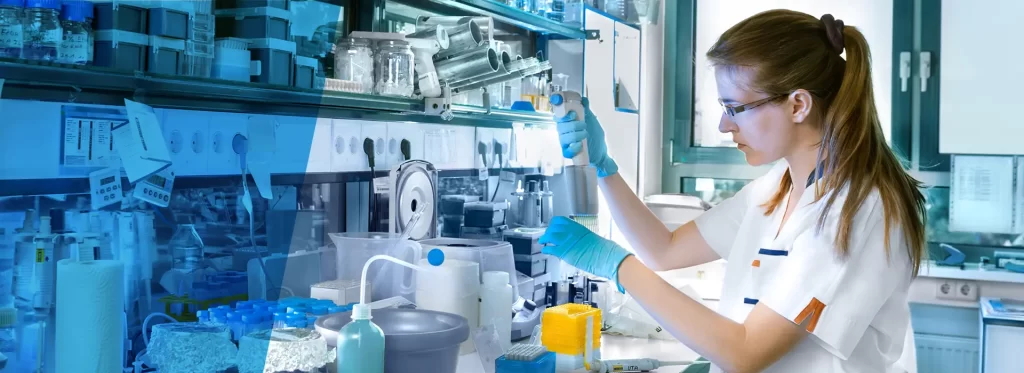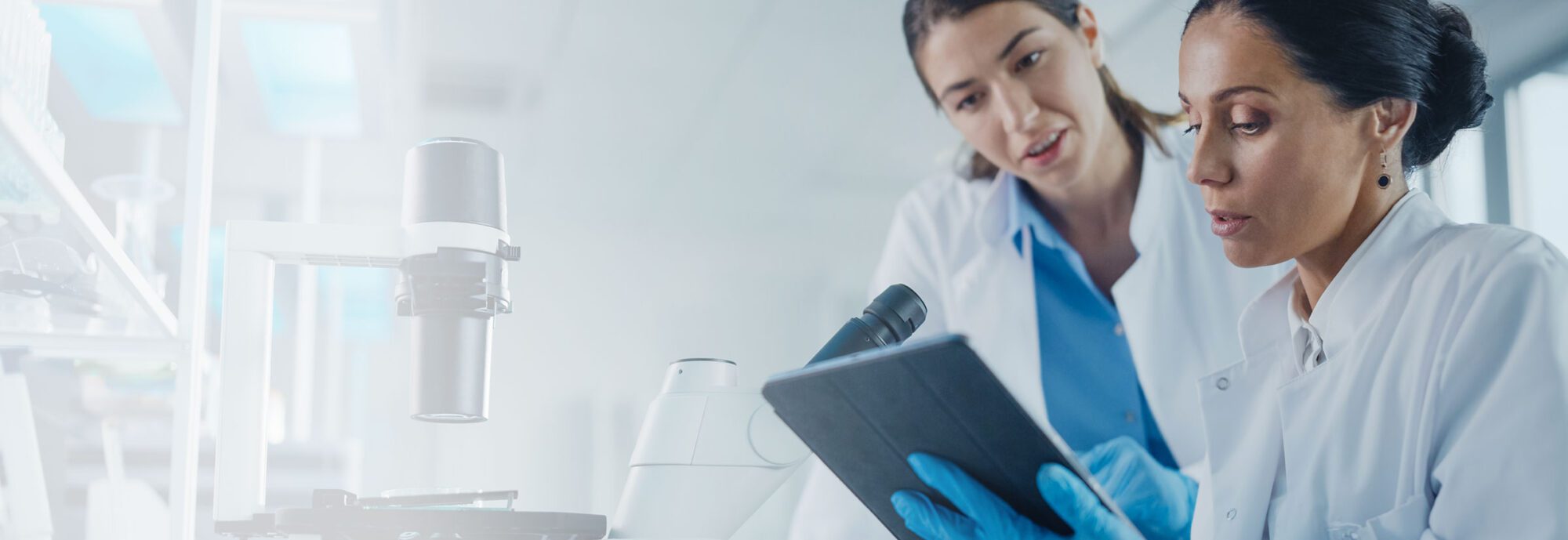In this blog post, we will discuss the key concepts, steps, challenges, and opportunities involved in biomedical research and development. Biomedical research is an essential field of study that aims to improve human health by developing new treatments, diagnostic tools, and medical devices.

Biomedical development is the process of transforming research discoveries into practical applications that can benefit patients.
Table of Contents
Key Concepts
Biomedical Research:
Basic research is a type of research that aims to understand the fundamental principles of life sciences. It focuses on discovering new knowledge without specific practical applications.
Applied research is a type of research that aims to solve specific problems or develop practical applications of existing knowledge. It involves the use of scientific methods to develop new treatments, medical devices, and diagnostic tools.
Biomedical Development
Researchers conduct pre-clinical studies in animals to test the safety and efficacy of new treatments, medical devices, and diagnostic tools. These studies include pharmacological and toxicological testing.
Researchers conduct clinical trials in human volunteers to test the safety and efficacy of new treatments, medical devices, and diagnostic tools. They conduct these trials in phases and use the results to obtain regulatory approval for commercial use.
Idea Generation and Conceptualization:
The first step in biomedical research and development is generating ideas and conceptualizing potential solutions to medical problems. This can involve brainstorming sessions, discussions with colleagues and experts, and staying up-to-date with the latest research in the field.
Literature Review:
Conducting a thorough literature review is essential in biomedical research and development. This involves searching and analyzing relevant scientific publications, patents, and other sources of information to identify knowledge gaps, potential research areas, and existing technologies that could be leveraged.
Design and Planning:
Once the research question and objectives are defined, the next step is designing and planning the study. This involves selecting appropriate study designs, identifying potential biases, developing a research protocol, and obtaining the necessary ethical approvals.
Data Collection:
Data collection is a critical step in biomedical research and development, and it can involve a range of methods, including interviews, surveys, and clinical observations. Ensuring the quality, accuracy, and integrity of the data collected is essential to obtain meaningful results.
Data Analysis and Interpretation:
After data collection, the next step is analyzing and interpreting the data. This can involve statistical analyses, visualization techniques, and drawing meaningful conclusions based on the results obtained.
Results and Conclusion:
The final step in biomedical research and development is presenting the results and drawing conclusions. This can involve publishing research articles, presenting findings at conferences, and sharing results with stakeholders.
Challenges and Opportunities
Funding: One of the biggest challenges is obtaining funding. This can involve competing for limited resources and navigating the complex landscape of grant applications, venture capital, and other funding sources.
Regulatory Issues:
Another challenge is navigating the regulatory landscape. This can involve obtaining regulatory approvals, adhering to ethical guidelines, and ensuring compliance with laws and regulations.
Technological Advancements:
Despite these challenges, there are also many opportunities. Technological advancements, such as artificial intelligence and machine learning, are opening up new possibilities for developing innovative solutions to medical problems.

